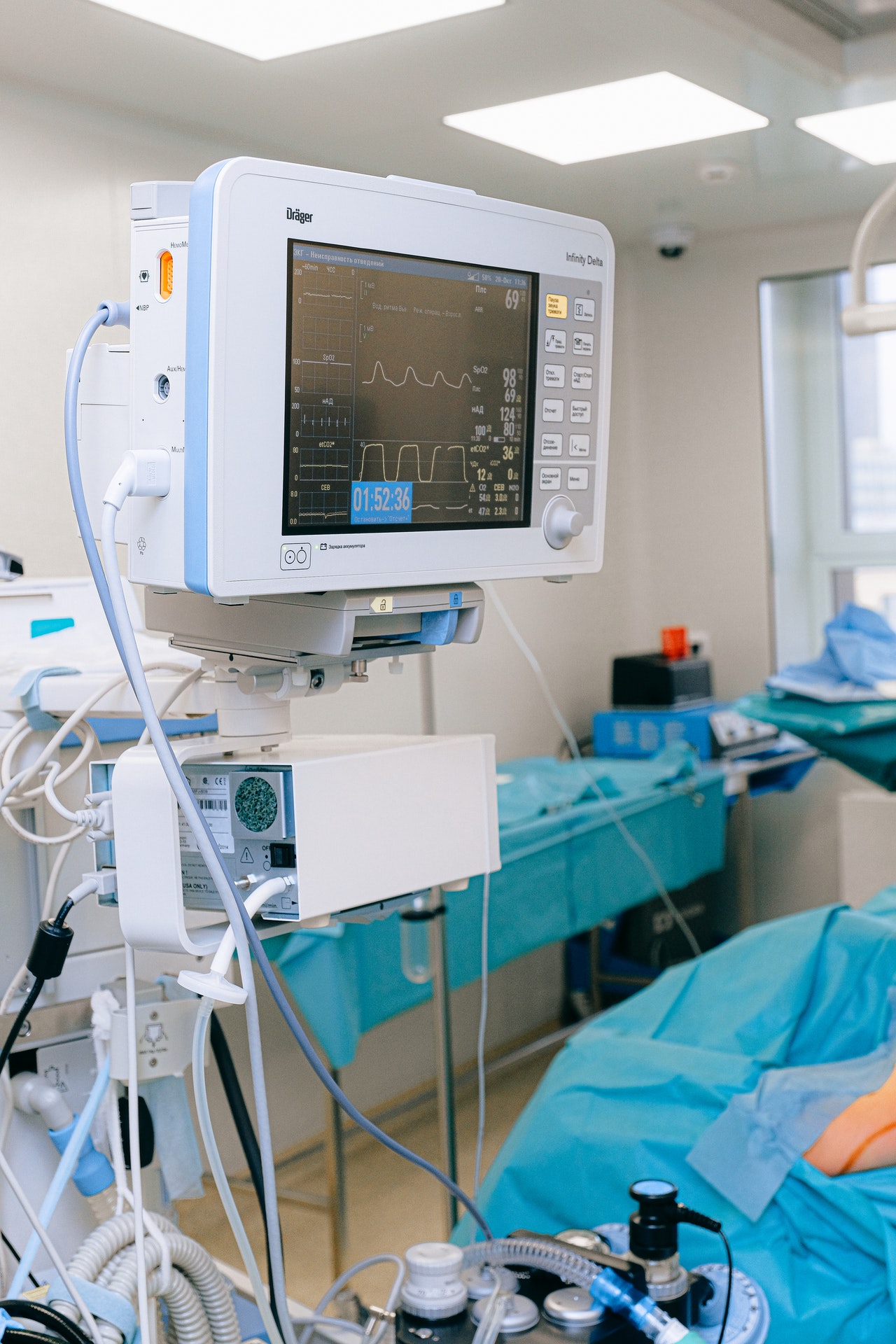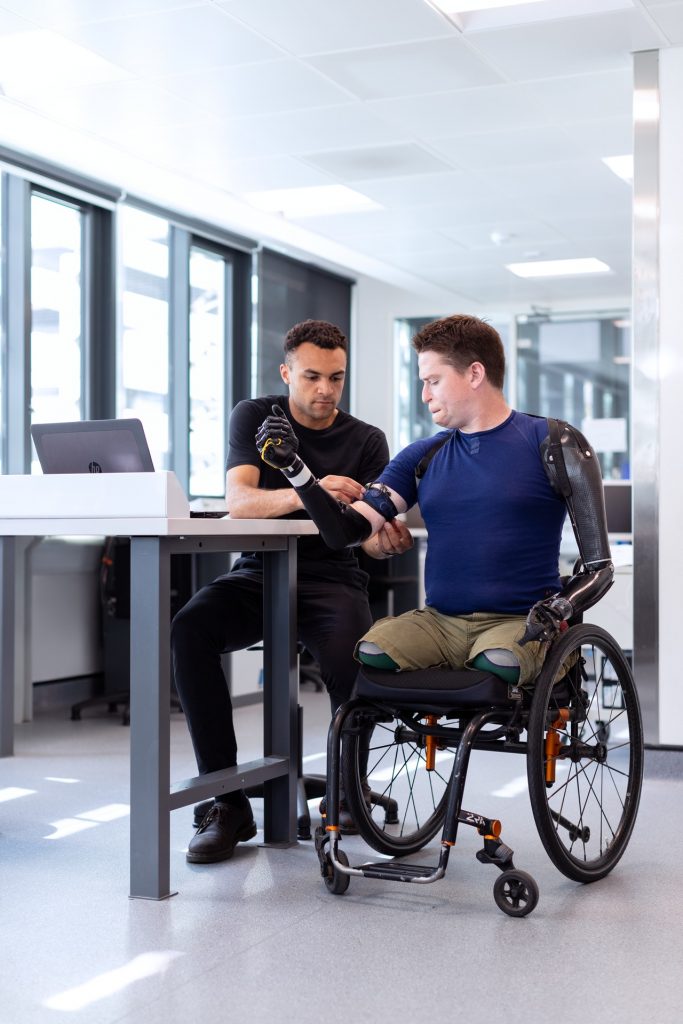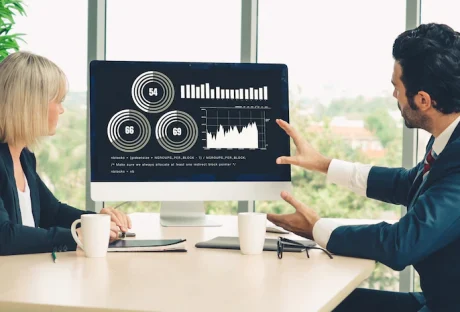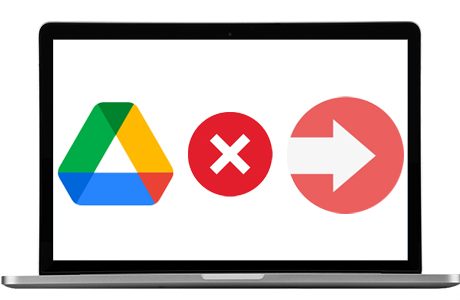As UAE’s healthcare sector continues to flourish, Dubai now hosts some of the most advanced innovations in the region. There are also many private and public health centers and companies spearheading and developing these technologies. The government also encourages this by supporting information and communication technology innovations in this sector as an essential element in its initiative to modernize life in the Emirates.
Unlike other countries where the private sector pushes and funds innovations, the UAE government is involved in every way. This involves developing and delivering innovations and technologies in healthcare to public and private facilities.
How Cutting Edge Technology Thrives in Dubai
Healthcare technology thrives in Dubai because the government is committed to providing the best to its citizens. For instance, in 2013, the Dubai Health Authority invested $68.5 million to digitize all its medical records.
There is also a high demand for healthcare in this Emirate. Apart from local demand, people from all over the world seek medical expertise from various hospitals in Dubai. The health facilities not only provide high-quality services but they also have the latest technologies and continue to utilize new ones.
How Technology is Improving Dubai’s Health Sector
Dubai is known for embracing technology in many industries, the health sector is one instance where innovations have thrived and continue to thrive.
Here are ways cutting edge technology is improving Dubai’s health sector.
Artificial Intelligence (AI)
Artificial Intelligence is already in use in the medical sector; it has many benefits, for instance, it can help to detect disease early. It stores patients’ records in one place and can use this information to compared past and present health conditions. This allows doctors to make a more accurate diagnosis. It can also help to detect any future health conditions; this allows for the correct steps to be taken.
AI can also be used in cardiology to monitor patients who are likely to suffer a heart attack. Regular visits to your cardiologist in Dubai are important and he might utilize AI to monitor your health and deliver individualize treatment for you. Artificial Intelligence can also be used to detect abnormal heart rhythm and blood glucose levels.
Telemedicine
Telemedicine works through communication and information technology; it involves sharing medical information, results, and images via electronic and video conferencing tools. You can consult a physician from a reputable medical center in Dubai without leaving your home. Telemedicine improves accessibility and saves waiting for time and cost of diagnosis and treatment. This improves the health sector by relieving health professions shortage in the country. It is a convenient method of linking patients and doctors by quashing geographical barriers.
Cloud Computing
Cloud computing allows health facilities to access remote servers where they can safely store patient data and other important information. Many health facilities have embraced cloud computing to store and protect data. This technology improves collaboration in the healthcare sector. It allows doctors to access patient records remotely from anywhere in the world and continue treatment without delay. These quick actions help to save patients’ lives. Cloud computing is a better and affordable storage method than traditional outdated manual storage.
Wearables
Wearable tech is a convenient and affordable way of keeping track of your health. This is important for those prone to disease or with an existing health condition. Wearables can detect irregularities before they get serious. They also detect emergencies as soon as they occur.
Wearables also keep patients engaged with their health by monitoring and having real-time data rather than waiting for doctor’s tests. This also helps when you visit a medical center in Dubai; the physician can use this information to tailor your treatment plan. Wearables are multifunctional; different types perform various functions. Some monitor respiration and heart rate while others monitor glucose levels.
Internet of Things (IoT)
The Internet of Things refers to a network of appliances, devices, and other objects fitted with computer sensors and chips to collect and relay information via the internet. Real-time monitoring through connected devices can save lives during medical emergencies like asthma attacks, diabetes, heart failure, etc. Connected devices collect medical information and relay it to a physician. Data like EGC, oxygen, blood pressure, weight, and blood sugar levels are stored in the cloud to be shared with relevant individuals like physicians.
Virtual Reality (VR)
Virtual Reality technology enables us to experience real-life through computer-generated environments. Surgeons use VR to plan complicated operations; Virtual Reality helps them to rehearse the operation beforehand which makes the surgery safer. VR also helps in phobia and PTSD therapy, pain management, reducing stress, etc.
Dubai is known for embracing cutting-edge technology in the health sector that is why people from all over the world visit the Emirate’s health facilities for medical care. This technology has made drug management, remote treatment, medical data storage, and therapy easier. Although there are skeptics, there’s no doubt that technology is beneficial in the health sector.
Read Also:
- Healthcare Jobs That Will Be Most in Demand 2020–2025
- Common Types and Causes of Medical Malpractice
- 6 Effective Ways to Improve Your Mental Health
- Top things to know before entering a medical career
























